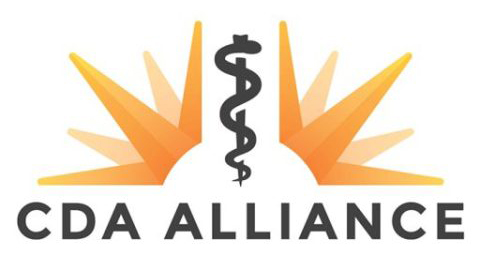According to Statistics Canada, more individuals than ever before are living with a disability, many of which are not visible. In fact, the number of Canadians living with a disability rose significantly in 2022 to 1 in 3 from 1 in 5 in 2017.
Join Carol Yakiwchuk for this interactive webinar designed to empower oral health professionals to enhance their confidence, competence, and readiness to care for persons living with disabilities (PLWD). Together, we’ll explore current data, challenges with definitions and terminology, acceptable contemporary language, and models of care, including an introduction to the International Classification of Functioning, Disability and Oral Health (ICF) developed by the World Health Organization. Plan to attend to learn how to create a more comfortable, successful clinical visit focused on each person’s abilities through proven strategies and helpful tips and tools. Participants will leave equipped with a number of behavioural strategies, smart solutions, effective communication tips, and tools including the new pre-visit Functional Assessment Questionnaire and the Case Complexity Tool.
OBJECTIVES
• Examine the challenges of current terminology and definitions related to this population.
• Discuss the prevalence of disability in Canada and its impact on clinical practice.
• Analyze the benefits of a functional assessment pre-visit questionnaire
• Propose strategies that could be implemented to better meet the diverse needs of PLWD.
PRESENTER: Carol Yakiwchuk, Dip DH, BSc DH, MHS, RDH
A central theme throughout Carol’s career has been her commitment to ‘make a difference’ for under-served populations, especially Canadians living with disabilities.
Carol holds a Bachelor of Science in Dental Hygiene and Masters in Health Studies and Leadership. She is a creative collaborator for vulnerable populations both professionally and through volunteerism. Her career has spanned clinical, management, education, community health, and with regulatory authorities, government and professional associations. Her numerous publications and presentations targeting the most vulnerable reflect her passion for achieving wellness by addressing access to care barriers.
Since retiring, Carol continues to contribute as a Director and Secretary of the Canadian Society for Disability (CSDH), Regional Clinical Advisor with Special Olympics (SO), Clinical Director (SOBC), CSDH, Chair of the CSDH SO Committee. (CSDH), and as a research partner.
